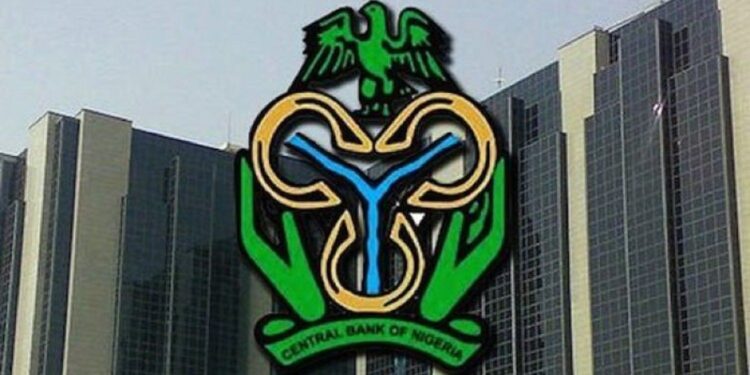The Federal Government’s fiscal deficit increased slightly in April 2024, reaching N824.79 billion, up from N823.91 billion in March, according to the Central Bank of Nigeria’s (CBN) April 2024 Monthly Economic Report. This 0.1% month-on-month rise in the deficit highlights the ongoing fiscal challenges faced by the government.
A fiscal deficit occurs when a government’s expenditure exceeds its revenue. The report indicated that April’s deficit was 7.92% higher than the budgeted figure of N764.19 billion, underscoring the pressure on the government’s finances.
The CBN attributed the widening deficit to a 0.55% decline in retained revenue, which fell to N419.91 billion in April from N422.23 billion in March. The reduction in revenue was primarily due to lower receipts from exchange gains, which significantly impacted the government’s financial position.
“The fiscal operations of the Federal Government of Nigeria in April resulted in an expansion in the fiscal deficit,” the report stated. “Provisional data showed that primary and overall deficits rose to N260.98 billion and N824.79 billion, respectively, from N249.43 billion and N823.91 billion in the preceding month. The expanded deficit reflected the sharper decline in retained revenue.”
Government expenditure for April also saw a slight decrease, with the CBN reporting a 0.16% drop to N1.246 trillion, down from N1.244 trillion in March. This decline was largely driven by reduced capital spending. The report noted that the government’s spending was 48.10% below the projected figure of N2.398 trillion for the month, reflecting continued fiscal constraints.
The CBN report further highlighted a significant reduction in consumer credit outstanding, which dropped by 53.83% to N3.8 trillion by the end of April. This decline was attributed to a decreased appetite for loans among customers, largely due to the high interest rate environment. Personal loans, which accounted for 77.48% of total consumer credit, fell sharply by 60.79% to N2.95 trillion, while retail loans increased by 18.81% to N856.77 billion.
The findings of the CBN’s report underscore the fiscal and economic challenges facing Nigeria, as the government continues to navigate declining revenues and rising deficits amid broader economic pressures.










